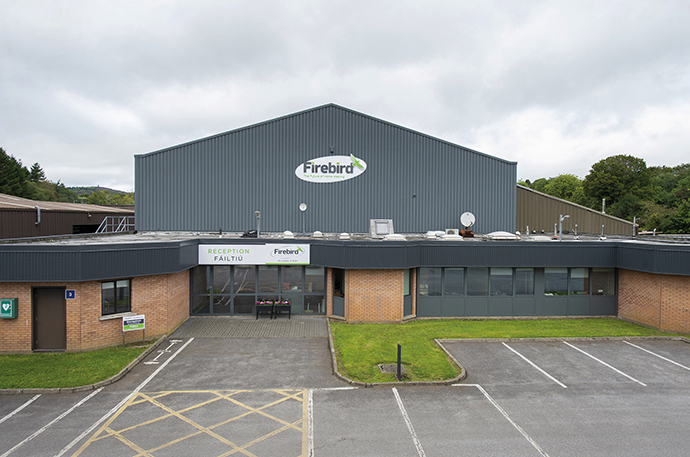
With hydrotreated vegetable oil (HVO) gaining momentum in the global push for sustainable energy solutions, Firebird has been committed to supporting its use as a biofuel since 2020.
A leading advocate for renewable energy, Firebird has extensively lobbied the government to have HVO officially recognised as a biofuel.
Its efforts aim to reduce the tax burden on HVO, thereby incentivising its use and furthering the transition towards cleaner, greener energy sources.
Currently, there are more than 700,000 homes in Ireland which are using kerosene oil for space and water heating.
While many have made the successful transition from an oil boiler to an air-source heat pump, there are still a significant proportion of properties that are not suitable for electric heating.
For these hard-to-heat homes, which lose a lot of heat, converting from kerosene oil to biofuel could significantly lower their carbon footprint with minimum disruption.
Currently, HVO lacks government recognition as a biofuel, making it 10-15 cents per litre more expensive than traditional home heating oil.
This gap effectively prices HVO out of the market, rendering it unaffordable for households seeking sustainable heating solutions, despite its potential to significantly reduce CO2 emissions by up to 90% compared to kerosene.
The industry has come together – oil distributors, service engineers and home heating solutions manufacturers – to ask the government to address this absurd anomaly, acknowledge HVO as a biofuel and facilitate homeowners to play their part in achieving Ireland’s ambitious emissions targets.
The Alliance for Zero Carbon Heating (TAZCH) is made up of members of the liquid fuel sector wishing to play a role in decarbonising Irish homes.
In anticipation of a general election, the group is lobbying for inclusion in election manifestos.
As the majority of Irish homeowners cannot afford €62,099 to retrofit their homes, the people of Ireland deserve a choice and a fair, cost-effective option which is deliverable before 2030.
With the likelihood once more of Ireland not reaching its carbon emission targets, it’s time to acknowledge that one solution will not work for all cases. This is precisely why HVO would complement the existing retrofit scheme, offering a low-cost alternative path to sustainability for homeowners.
For more information, visit www.firebird.ie










